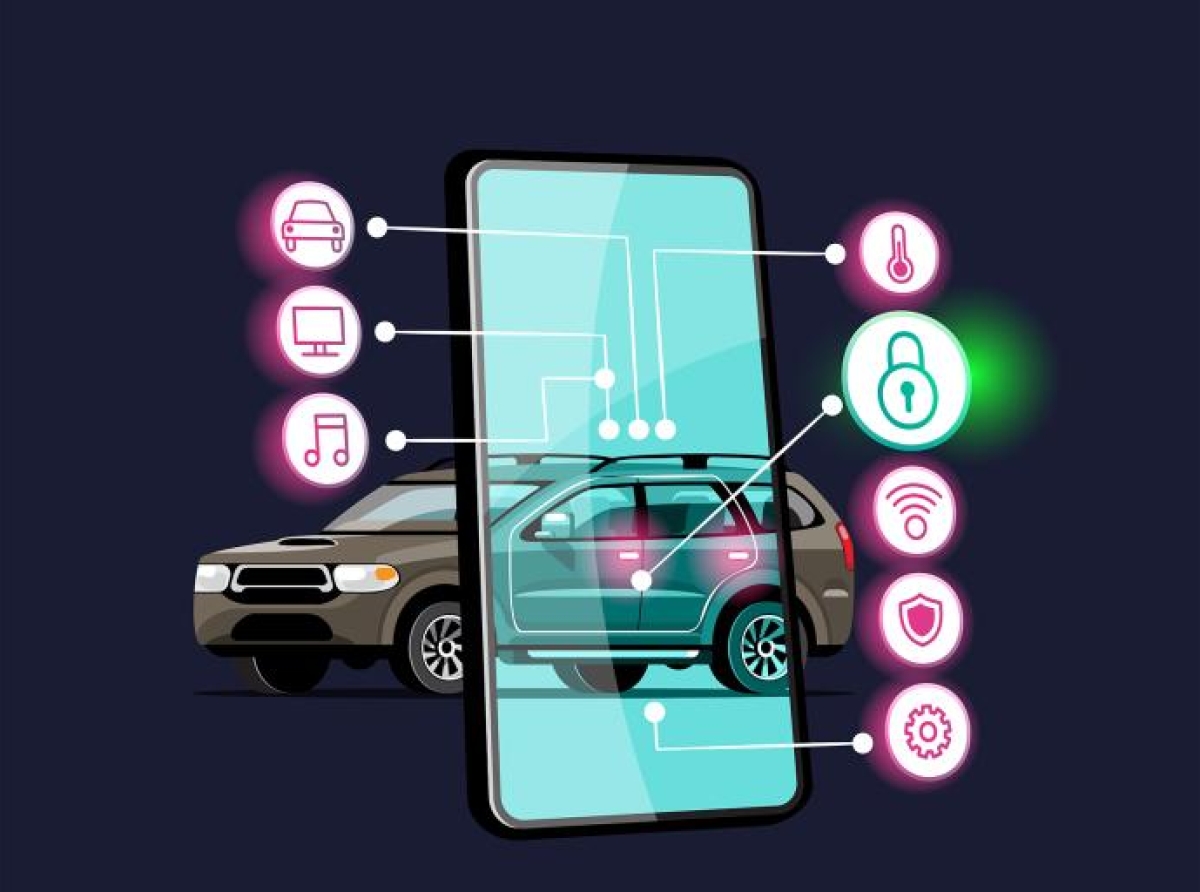Security or Obstacle? New Automotive Data Policies Spark Controversy

The automotive industry is undergoing a profound transformation. At the intersection of technology and safety, more automakers are choosing to lock vehicle systems to ensure better protection against tampering and intrusions. However, this increased security comes at a price. Volkswagen Group (VW), Europe’s automotive leader, recently highlighted this trend with the introduction of SFD (Schutz Fahrzeug Diagnose), a diagnostic protection system for vehicles. Volkswagen is not alone in this practice; Fiat (Dodge) and Nissan also implement similar security measures, charging independent workshops for access.
Une révolution dans le diagnostic
While this innovation promises enhanced safety, it has also triggered controversy. Independent workshops and DIY automotive enthusiasts see it as a costly barrier and an infringement on vehicle owners' rights to perform maintenance using certified generic tools like Autel, SnapOn, Carista, or OBDeleven.
What is SFD ?
Introduced in 2020 for European users and in 2024 in North America (May 2024 for Carista and October 26, 2024, for Autel), SFD adds a security layer to vehicles from Volkswagen, Audi, SEAT, and Skoda. Its goal: protect vehicle control units from unauthorized access or malicious modifications. Modern cars house miniature computers that control everything from air conditioning to engine management. These systems are highly vulnerable to hacking and unintended tampering.
By locking access with SFD, Volkswagen aims to minimize these risks. This means only authorized professionals using the manufacturer’s OEM tools—or those purchasing access tokens via generic tools with necessary permissions—can interact with critical systems. As a result, vehicle safety and performance are preserved, preventing scenarios where poorly executed modifications could compromise automotive integrity.
A Price for Security ?
The catch is that this digital lock isn’t free. To access SFD-protected data, independent workshops must use specialized tools or purchase temporary access, often at a fee. Automakers justify these costs by explaining that diagnostics require expertise and sophisticated tools, which only their official networks can guarantee.
For vehicle owners and independent mechanics, however, it’s a different story. Many view this as a disguised monopoly, forcing them to rely on expensive authorized dealerships for even basic services. This also drives up repair costs, threatening the economic viability of independent garages.

Autel: Resistance Takes Shape
In response to this new barrier, third-party companies have developed alternative solutions. Autel, for example, offers diagnostic tools that can bypass SFD for VW Group models built from 2020 onward. Through agreements with generic tool manufacturers like Autel, SnapOn, Carista, and OBDeleven, independent mechanics can temporarily unlock SFD, perform necessary diagnostics, and carry out repairs. However, this comes at a cost—mechanics must purchase access tokens to unlock parts of the OEM tool. While this provides some autonomy, independent workshops remain dependent on VW Group.
It’s also worth noting that SFD only allows partial repair capabilities, such as basic calibrations, brake maintenance, and clearing certain error codes. Automakers, in controlling both access to and pricing of repair information, limit the extent of available repairs. This raises concerns about how the aftermarket repair industry can survive under such constraints.
Manufacturers point to increased safety and liability risks as justification. If a third-party tool is misused, who is accountable for resulting malfunctions? Independent workshops see these tools as a lifeline in an environment where they already struggle to compete with authorized dealerships.
The Automotive Data Battle
The SFD debate reflects a broader issue: control over vehicle data. With the rise of connected cars, automakers now have unprecedented access to information about their vehicles and users. For manufacturers, this data is both a security tool and a commercial opportunity.
However, for consumers and small businesses, this control raises fundamental questions: Who truly owns the data? If someone buys a car, shouldn’t they have the right to repair it wherever they choose, without additional fees? Critics argue that these locking mechanisms are an attempt by automakers to monopolize maintenance revenues, restricting consumer freedom.
Balancing Security and Innovation
Proponents of SFD emphasize that these measures are not solely financially motivated. By making their systems more secure, automakers reduce the risk of hacking, a critical concern as cyberattacks become more frequent. A compromised vehicle could cause serious accidents or even be weaponized.
For these measures to be accepted, however, they must be accompanied by transparency.
Consumers need to understand why these protections exist and how they safeguard them. Additionally, equitable solutions are necessary to allow independent workshops to operate without prohibitive costs.
A Rocky Road Ahead
Volkswagen’s SFD system may provide a glimpse into the future challenges of the automotive industry. As vehicles become increasingly technological, the line between safety and commercial monopoly blurs. Automakers must tread carefully to avoid consumer backlash while protecting their innovations.
For drivers, one certainty remains: the path to accessible and secure maintenance will be long and challenging. In this new reality, every repair might not only require specialized tools but also… a well-stocked wallet.
Conclusion: Toward a Necessary Compromise
In this clash of security, innovation, and accessibility, finding a logical balance is essential. Advanced technology and cybersecurity should not come at the expense of consumer freedom and choice. Long life and prosperity… but also transparency and fairness—this is the path the industry must embrace.


 En
En  Fr
Fr 




